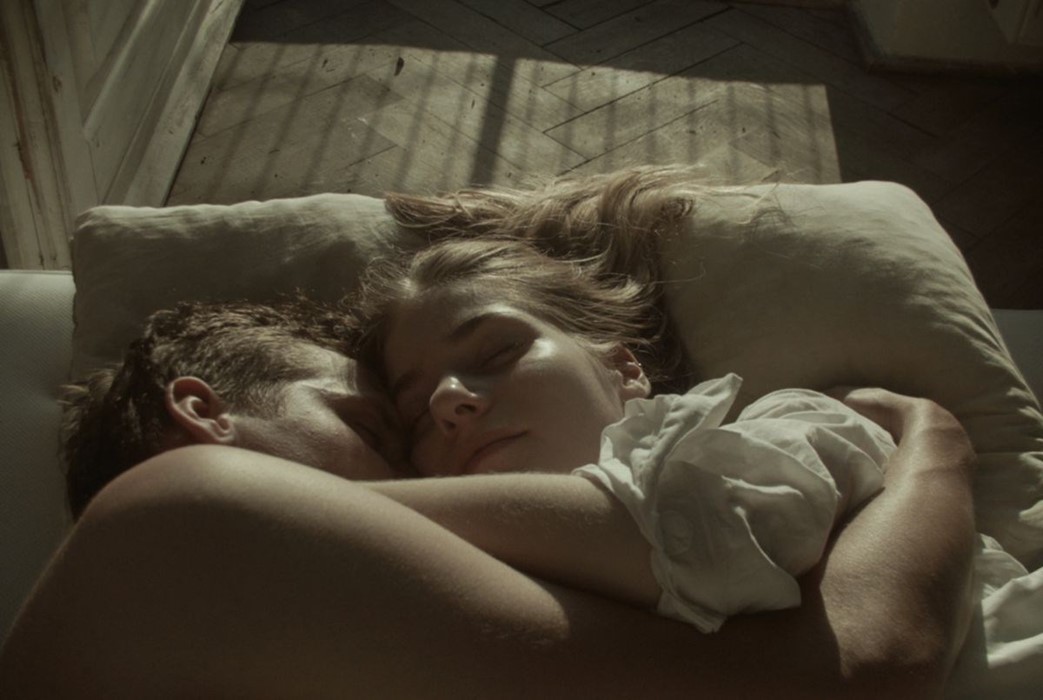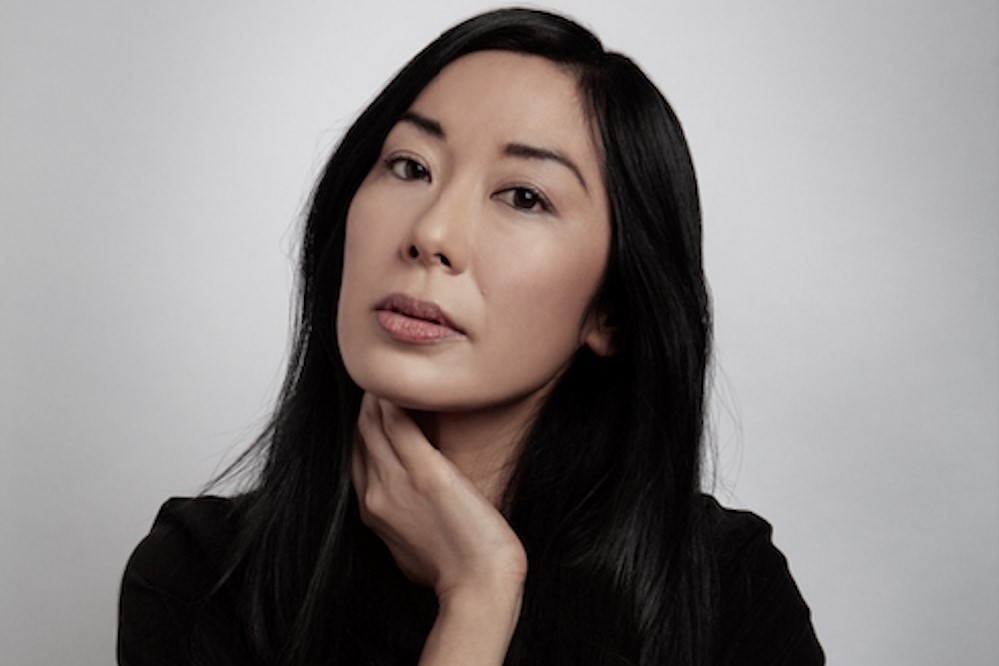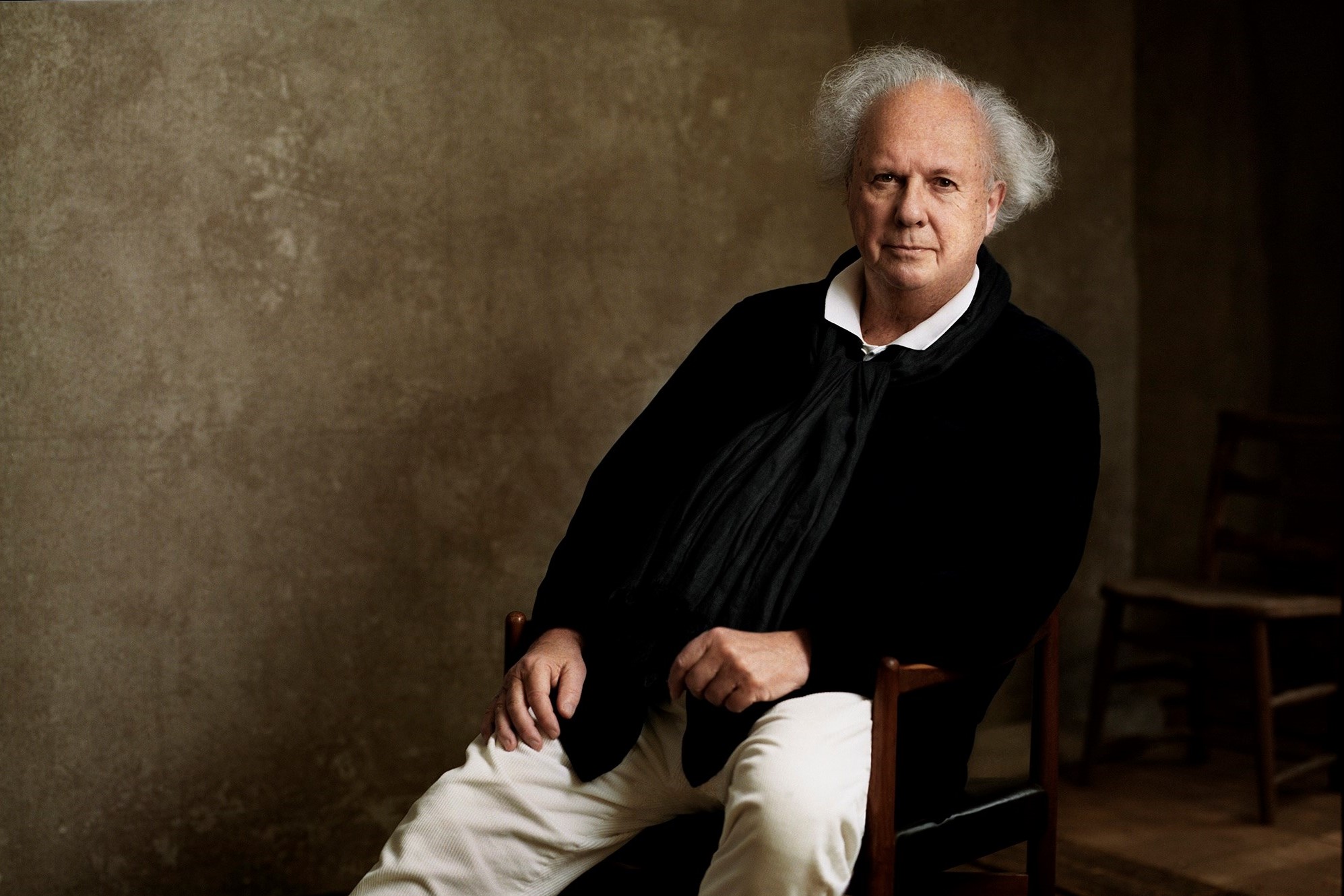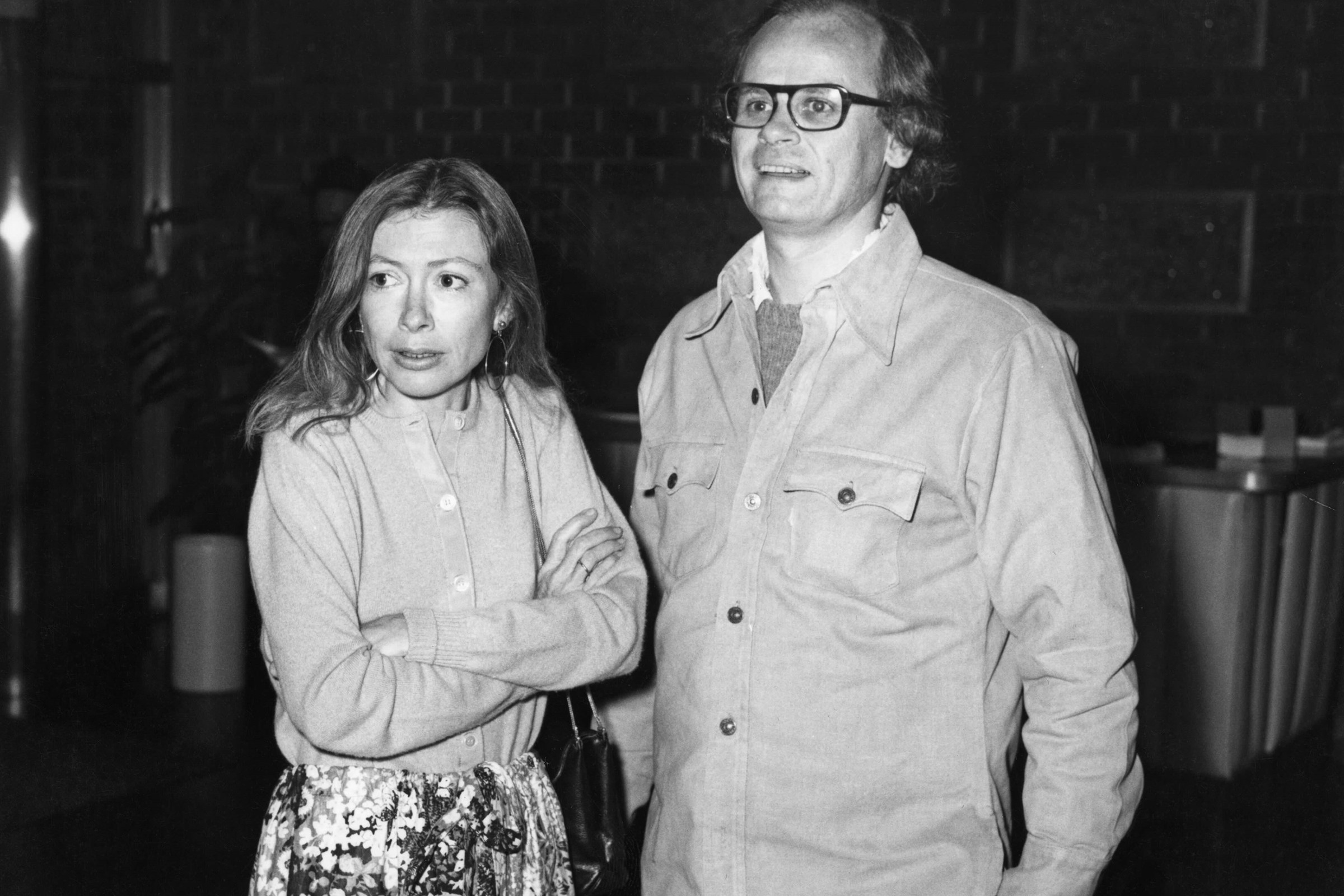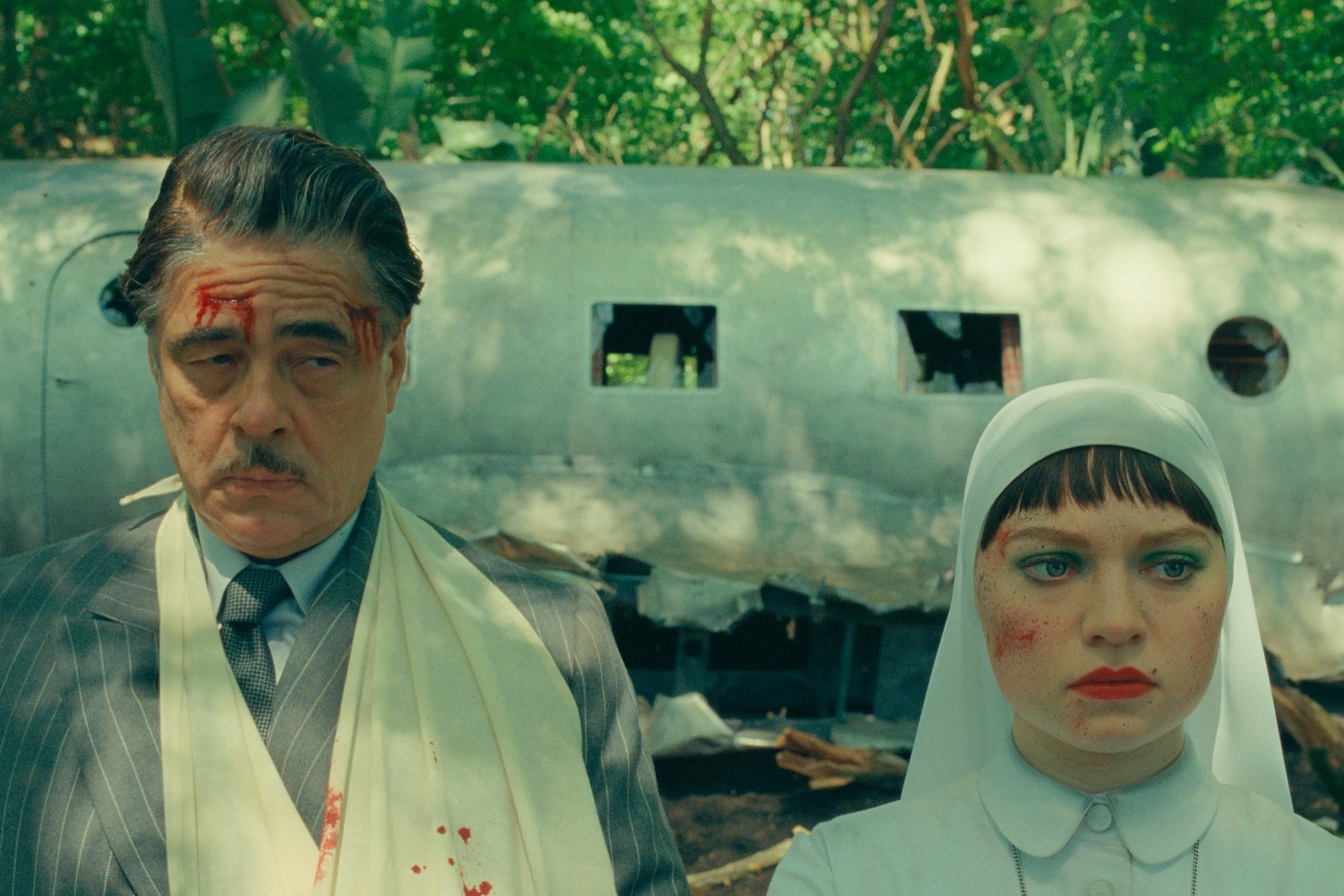Cultivate curiosity with ten of this 2016's most mind-expanding documentary films
The line dividing fact from fiction is becoming increasingly indistinct in cinema, and as such, 2016 brought many innovative films to our screens, pushing the boundaries of what documentary can be. For those who can’t bear the thought of another Eastenders rerun, here we present ten of the documentaries we were most struck by this year; from major festivals such as Sundance and the Berlinale, to newer events such as Portugal’s Porto/Post/Doc, highlighting exciting new spaces in which the art of documentary film making can thrive.
Eldorado XXI
High up in the Peruvian Andes sits La Rinconada, a mining settlement where workers toil under extreme conditions, chewing coca leaves to stay alert as they search for gold. In a film of breathtaking imagery and haunting sound, Portuguese director Salomé Lamas captures the otherworldly atmosphere of this weather-wracked outpost, as a stream of radio reports and oral stories. Eldorado XXI won the main award at Portugal’s Porto/Post/Doc festival in December – an excellent reason, if any were needed, to add it to your films-to-watch list this winter.
Ascent
Mount Fuji has been photographed and painted countless times. The active volcano to the south-west of Tokyo is the focal point of Fiona Tan’s evocative experiment Ascent, a poetic take on the significance we attach to objects of memory and their souvenirs. It was made by assembling 4,500 still pictures of the mountain from the last 150 years, while an English woman reflects in voice-over on her dead lover Hiroshi and his letters.
Kate Plays Christine
There’s an element of inexplicable mystery to all human behaviour. In his multi-layered masterpiece Kate Plays Christine, Robert Greene explores the complex tangle of memory, toxic mythology and secrecy around the enigmatic identity of Christine Chubbuck, the 29-year-old newsreader who shot herself on live American TV in 1974. Our own voyeurism doesn’t escape the spotlight in this astute dissection, which premiered at Sundance.
Fire at Sea
Perilously overcrowded boats off the island of Lampedusa, full of migrants risking everything to make it to Europe, have constituted one of the year’s most defining, poignant images. Italian director Gianfranco Rosi brings a meditative, existential poetry to his vision of the refugee situation in Fire at Sea, as day after the day the calm, expansive water is stirred by the mayhem of human desperation. The essential film won the top Golden Bear award at this year’s Berlinale, and Best Documentary at the European Film Awards.
Dawson City: Frozen Time
Hundreds of silent films were discovered buried under an ice rink in the Yukon region of Canada, preserved by chance in the frozen earth. New York-based artist Bill Morrison has mined that footage for a gorgeous, haunting vision of a lost era, and the rise and wane of a gold rush town that drew would-be entrepreneurs (the Trump wealth origins are linked to a bar and whorehouse there). Jónsi Birgisson of Sigur Rós and Alex Somers provided Dawson City: Frozen Time with its hypnotic soundtrack.
The Dreamed Ones
Austrian director Ruth Beckermann summons ghosts from the past with playful experiment The Dreamed Ones, which revives the letters of key German-language poets Ingeborg Bachmann and Paul Celan. Two actors read the missives in a sound studio, sharing cigarettes and chats in between. The dark scars of post-war Europe twist the tensions and doubts of faltering romance (Bachmann’s father was in the Nazi party, while Celan’s Jewish-Romanian parents died in a concentration camp), as the tangible emotion fills the air between the letter readers.
One More Time With Feeling
One More Time With Feeling is a cathartic, devastatingly honest portrait of the grief, world-fracturing sense of disorientation and superstitious thinking occasioned by untimely family death. Andrew Dominik’s documentary on the making of Nick Cave’s new album The Skeleton Tree plays out in the ever-present shadow of the loss of the singer’s son from an accidental fall during a bad LSD trip. Mortality has long been a theme in Cave’s art, but as the film shows with fine-tuned sensitivity and no false sentiment, nobody can ever really understand this kind of demise.
All These Sleepless Nights
Warsaw director Michał Marczak blurs the boundaries between documentary and fiction in his fever-dream drift of long partying nights in the Polish capital All These Sleepless Nights, which won him a Best Directing Award at Sundance. Two art school friends (Krzysztof Baginski and Michal Huszcza) moving on from break-ups ponder life amid the rare flashes of beauty that spark from ordinary moments. The camera weaves through the city with an intuitive rhythm and intimate, raw charge.
Austerlitz
Sergei Loznitsa is famed for his rigorous, observational films, and in this DOK Leipzig winner he focuses our gaze on the troubled heart of post-war Europe and the ghosts it only fitfully recalls. We watch visitors as they pass through Sachsenhausen in Germany, once used by the Nazis as a concentration camp for political prisoners, and now a museum and memorial site. From “Woke Up in Vegas” holiday T-shirts to mobiles endlessly snapping selfies, the casual mood can seem starkly at odds with the site’s past saturation with psychic pain, making the film a thought-provoking take on collective memory and spaces deemed sacred through trauma.
Oleg and the Rare Arts
The body is both a fading receptacle and a divining rod for ecstatic inspiration in this idiosyncratic, witty portrait of Kiev-born piano prodigy and all-round eccentric Oleg Karavaychuk. The androgynous musical genius wearing a scuffed, askew beret leads us through the hallways of St Petersburg’s Hermitage museum, philosophising on everything from the shooting of the Romanovs to polyester clothing. Shot by Venezuelan avant-gardist Andrés Duque, who previously made a documentary about psychedelic cult auteur Ivan Zulueta, Oleg and the Rare Arts was a highlight of this year’s Rotterdam International Film Festival.
